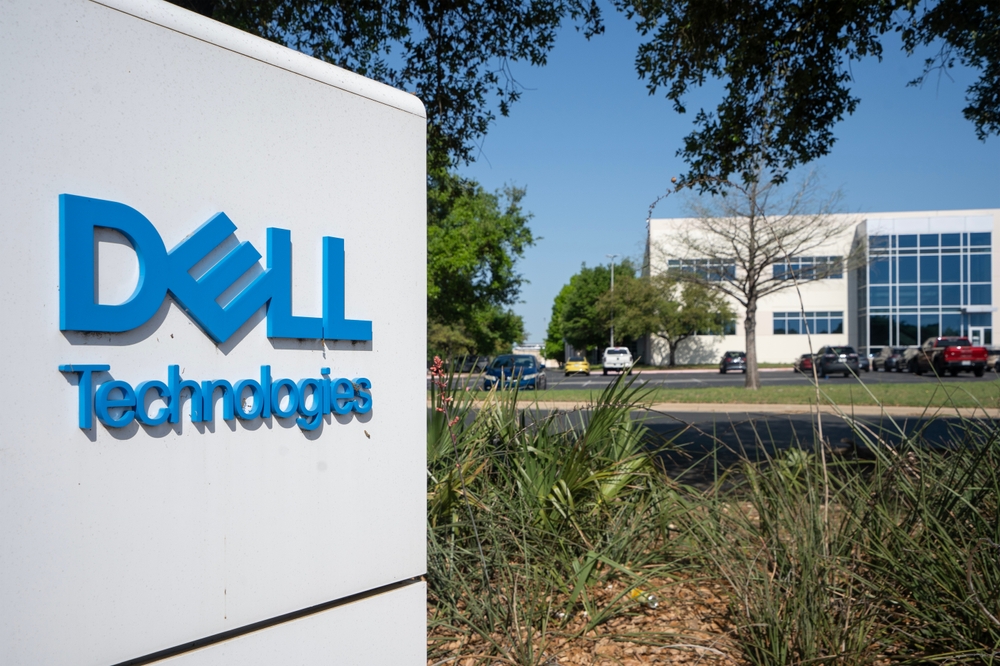Global Sell-off in Government Bonds
Uncertainty surrounding Trump's plans is causing volatility in bond markets as the world prepares for the economic impact of the policies of the newly elected U.S. president. Bond selloffs, soaring yields, and a strengthening U.S. dollar have sparked a chain reaction across economies. The yield on the U.S. 10-year government bond surpassed 4.7%, the highest since April. Long-term yields, including those on 30-year bonds, were approaching 5%, representing unprecedented levels over recent decades.*
U.S. 10-year bond yield over the past 5 years:* https://www.investing.com/rates-bonds/u.s.-10-year-bond-yield
U.S. 30-year bond yield over the past 5 years:* https://www.investing.com/rates-bonds/u.s.-30-year-bond-yield
In Europe on Wednesday 8th of January, the yield on Germany’s 10-year Bund crossed 2.5%, a five-month high. The United Kingdom, however, has been most affected by these selloffs. The yield on 30-year government bonds surged to 5.4%, the highest level since 1998.* This sharp increase is putting pressure on the national budget and weakening the pound. The yield on 10-year bonds rose by more than 30 basis points to approximately 4.9%, the highest since 2008 and it stayed on these levels until Friday.* The move, which began on Tuesday and accelerated on Wednesday, lacked a clear cause, but factors such as high UK debt levels and concerns by the Bank of England about inflation played a role.
German 10-year bond yield over the past 5 years:* https://www.investing.com/rates-bonds/germany-10-year-bond-yield
UK 30-year bond yield over the past 5 years:* https://www.investing.com/rates-bonds/uk-30-year-bond-yield
UK 10-year bond yield over the past 5 years:* https://www.investing.com/rates-bonds/uk-10-year-bond-yield
In Japan, the yield on the 10-year benchmark bond exceeded 1.20% on Friday, January 10, reaching its highest level in over fourteen years. Conversely, yields in China remain at record lows, as investors expect interest rate cuts in response to the country’s economic stagnation.
Japanese 10-year bond yield over the past 5 years:* https://www.investing.com/rates-bonds/japan-10-year-bond-yield
Investors are interested in Europe again
European stocks underperformed compared to their U.S. counterparts last year. However, with recent declines in U.S. stocks, investors have begun returning to the Old continent. Despite the decline in the European STOXX 600 index, it wasn’t hit as hard as the S&P 500. European equity funds experienced their first net inflow since October 2024, with several major banks forecasting a change in market direction this year.* Barclays, Deutsche Bank, and Citi predict double-digit returns for the STOXX this year, supported by the assumption that European stocks are currently undervalued. [2]


Source: Investing.com*
Trump’s Tariffs Pose a Risk
The potential imposition of high tariffs on imports to the U.S. under Donald Trump's leadership has raised uncertainty across several sectors. This is particularly the case in the consumer electronics sector, which is dependent on international supply chains. Trump promised tariffs as high as 60% on Chinese products during his campaign, along with significant charges on imports from Canada, Mexico, and other countries to bring manufacturing back to the U.S. The consequences for consumers and innovation, however, remain contentious. The Consumer Technology Association (CTA), which represents numerous tech companies, warns that these tariffs could stifle innovation and increase prices for common products. According to CTA analysis, tariffs would raise the price of laptops by an average of $357, smartphones by $213, and televisions by $48. Furthermore, CTA cautions that higher tariffs could trigger retaliatory measures from other countries.
While large companies might adapt through changes in their supply chains, smaller businesses face far greater challenges. For example, robot maker Yarbo, which manufactures its products in China, told NBC News that it plans to shift production in the event of tariffs, though it is unclear whether this will be enough to offset costs.
Fed Remains Optimistic
On Wednesday, January 8th, 2025 Federal Reserve Governor Christopher Waller expressed that U.S. inflation should continue to trend toward the target of 2% this year, giving the central bank room for further rate cuts. This optimism persists despite a slower-than-expected decrease in inflation in recent months, though the outlook has softened. According to Fed projections, rates are expected to decrease by only 50 basis points this year, less than the 1% drop previously anticipated in September. [3]
* Historical data is not a guarantee of future performance.
[1], [2], [3] Forward-looking statements represent assumptions and current expectations that may not be accurate or are based on current economic conditions that may change. These statements are not guarantees of future performance. Forward-looking statements by their nature involve risk and uncertainty because they relate to future events and circumstances that cannot be predicted and actual developments and results may differ materially from those expressed or implied by any forward-looking statements.
Caution! This marketing material is not and should not be construed as investment advice. Historical data is not a guarantee of future performance. Investing in foreign currencies may affect returns due to fluctuations. All securities transactions may result in both profits and losses. Forward-looking statements represent assumptions and current expectations that may not be accurate or are based on current economic conditions that may change. These statements are not guarantees of future performance. InvestingFox is a trademark of CAPITAL MARKETS, o.c.p., a.s. regulated by the National Bank of Slovakia.
Sources:
https://www.reuters.com/markets/rates-bonds/global-markets-yields-2025-01-08/
 English
English
 Slovak
Slovak
 Czech
Czech
 Hungarian
Hungarian
 Italian
Italian
 Polish
Polish





